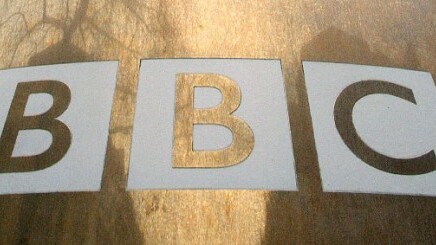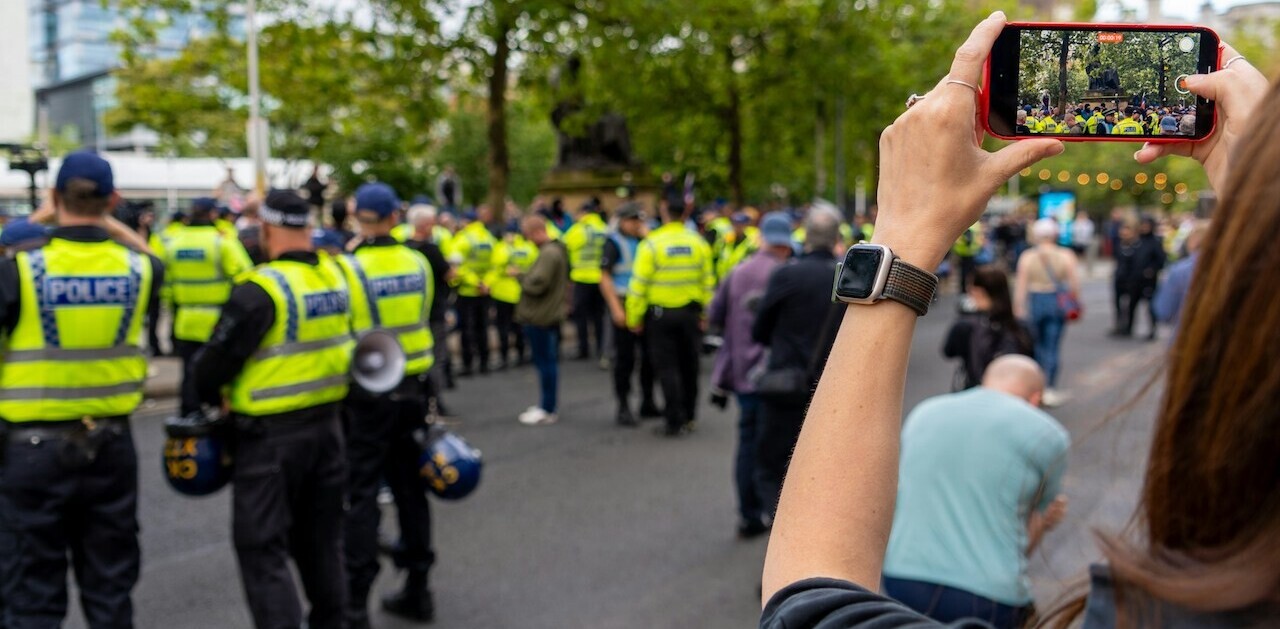
New figures released by the BBC today reveal that the increasing ubiquity of Web-enabled TVs, smartphones and tablets are driving the popularity of iPlayer, its flagship online catchup TV and radio service.
In 2011, 1.94 billion TV and radio programme requests were made on iPlayer across all platforms in the UK, its highest number ever. Although computers are still the most popular platform for BBC iPlayer users, accounting for two-thirds of requests last year, December saw a massive spike particularly for mobiles, tablets and connected TVs.
In December alone, 7 million programmes were requested on connected TV sets, an increase of more than 1,000% on the same period the previous year, while smartphones and tablets saw 13 million and 10 million requests made, representing an increase of 163% and 596% respectively. This helped BBC iPlayer register a record-breaking 187 million monthly requests across all platforms in December alone, a 29% increase year-on-year. This reflects both the growing penetration of Internet-enabled devices, and the near-universal availability of BBC iPlayer on those devices.
Back in August, The Next Web caught up with Daniel Danker, the BBC’s General Manager for Programmes & On Demand, just as a new TV-friendly version of iPlayer was launched. Danker also laid out the organisation’s future plans for iPlayer, discussing its vision to take it “beyond the tech-savvy, beyond catch-up and beyond the PC,” embedding iPlayer deeply within the mainstream.

We were told at the time that iPlayer was notching up 8 million weekly viewers, amounting to a mere 21% of the UK’s online population. With that in mind, Danker said: “Our ambition at the BBC is to reach all license-fee payers.”
PCs: Not suited for TV
In July 2011, 107m requests for programmes were made on a PC, but as Danker noted, a PC isn’t the most natural place to watch television: “If you had to choose, it would be a TV,” he said. “I think, by 2015, over 50% of iPlayer will be watched on a TV screen. It’s the natural habitat for TV programmes, so we shouldn’t be too surprised by that.”
In terms of mobile, there was a 46% growth in iPlayer use between December 2010 and July 2011. By 2015, it’s estimated that smartphones will have a 70% penetration in the mobile market, meaning that this will grow as a platform for watching television too.
The Christmas period also heralded significant growth for iPlayer, fueled largely by installs of mobile and tablet apps on new devices acquired for Christmas. BBC iPlayer registered its best-ever week between the 26th December and 2nd of January, with TV programme requests hitting a weekly high of 29.7 million. The most popular day over the period was Monday 2nd January, which saw a record 5.4 million TV programme requests in one day.
If you’re wondering, Sherlock was the most-watched programme with 623,000 viewers – the most requests seen for any one programme in a single 24-hour period. Top Gear’s Indian Special was the most popular programme overall – watched 1.7 million times. The show was also the most-watched TV programme for the whole of December.
“While 2011 was a remarkable year for BBC iPlayer across the board, the real story was the growth of iPlayer on TVs, mobile phones, and tablets, outpacing PC growth many times over,” said Danker. “Having established itself as a must-have app for smartphone users and the gold-standard for TV on the go, we see huge potential for BBC iPlayer on the living room set in 2012 – the natural home for great TV – as audiences switch on to the benefits of connected TV.”
iPlayer expansion
The BBC has been steadily making iPlayer available on more and more devices, covering Internet-connected TVs, mobile phones, tablets and games consoles, including Sony PlayStation 3, and Virgin Media’s TiVo set-top box.
The BBC launched native iPad and Android apps in February last year, and the iPad version has proved particularly popular, reaching 1m downloads in August. Danker revealed at the time that 74% of iPads in the UK are being used to watch TV, whilst a third are being used to watch live TV. “We are the only public service broadcaster in the UK with an iPad app that delivers live TV,” said Danker. “So, we like to think that one-third is coming to the BBC.”
However, another key point emerged from the data Danker revealed a few months back. The peak time for linear TV – where the viewer has to watch a scheduled TV program at a particular time – is 8pm in the UK. The peak time for iPlayer has always been around several hours after. “You watch what you want to watch on TV, and then you go to iPlayer and catch up on what you missed,” said Danker. But with the iPad, and tablets in general, this is changing. The peak viewing time for iPlayer on the iPad is moving closer to linear TV. In other words, People are using tablets as TVs.
So, some impressive figures there from the BBC, and it’s clear that the mobile and Internet-TV revolution is positively influencing iPlayer uptake. The next obvious step to further improve numbers would be to make archived content available beyond the current 7-day catch-up window, a proposition it is currently considering. But it might not be free.
Get the TNW newsletter
Get the most important tech news in your inbox each week.




